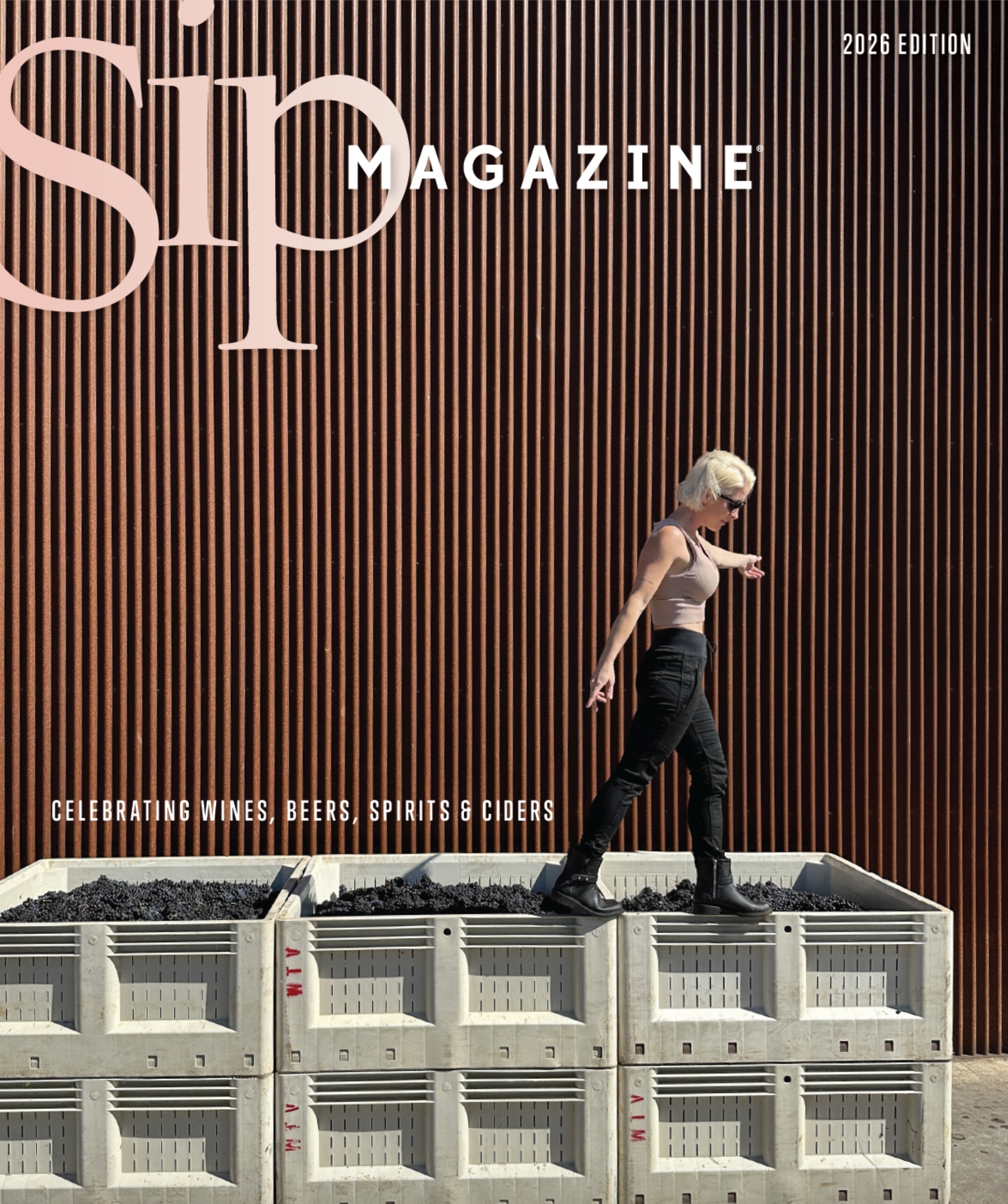Meet Dry Fly Distilling, the first licensed distillery in the state of Washington since Prohibition. The Spokane-based distillery has won a laundry list of awards—more than any other—in the small distillery business category, much in thanks to its Old World distilling practices and Washington-grown products.
Flash back before the awards, five spirits on the market and the foundation of a distiller school, founders Kent Fleischmann and Don Poffenroth met in the food industry before taking positions as marketing executives. During their time in the corporate world, they would take clients on company trips to fly fish. On one trip in particular, while wading through the Gallatin River amidst the lush evergreen trees of the Pacific Northwest, they decided to make their next career move.
Inspired, the two bridged the gap where the conception of their idea began with the bounty of the Pacific Northwest. They set out to establish an honest, craft distillery that pays homage to grain-to-glass ethics and traditional distilling practices.
Launching in 2007, Dry Fly Distilling crafts vodka and a barrel-aged gin, along with multiple styles of whiskey on the market including wheat, bourbon and the straight triticale, which is a hybrid of rye and wheat. Many of the whiskeys have a barrel finish such as sherry or port.
Poffenroth says than 99 percent of the distillery’s raw materials, grains and botanicals hail from sustainable farms in Washington State, with the exception of juniper that is grown in Oregon. For both he and Fleischmann, as well as the company, the ethos of “farm-to-bottle” is the only way to produce the product and is crucial to create such a quality spirit.
“Dry Fly is always fundamentally the same thing, farm-to-bottle,” Poffenroth says.
The craft producer doesn’t just have an edge from its fantastic ingredients that are locally sourced, but from the distilling process makes the products unique. The stills are manufactured in Germany, and custom designed by Christian Carl of CARL, the longest manufacturer of stills in the world. The stills have multiple rectification columns with a 450-liter capacity.
To help uphold the tradition of distilling and farm-to-bottle business practices, Dry Fly started its own distiller school and consultation practice. At the time it started the school, there was no other educational opportunity like it. Held at the distillery, the school is directed by Carl himself to train both aspiring and existing distillers about how to use his equipment. The opportunity to learn at Dry Fly is open to all, but Poffenroth says potential students must fit with the school philosophically.
The ideology behind the school is to provide “hands-on opportunities” for those who aspire to distill, as well as those who do already—on an amateur and commercial level. In this, the distillery brings transparency to the distilling process for Dry Fly consumers to know where the ingredients are coming from and how the spirit is made. Dry Fly and the school have made an impact on the craft distilling business, helping start 30-40 craft distillers in its wake since 2007, including “operating alum” like JP Trodden in Woodinville, Oola Distillery in Seattle, Big Bottom Distilling in Hillsboro, Oregon, and more.
With high goals and achievements for the craft distilling industry, Dry Fly has helped paved the way for distilleries in Washington and launched the campaign for a transparent industry.















